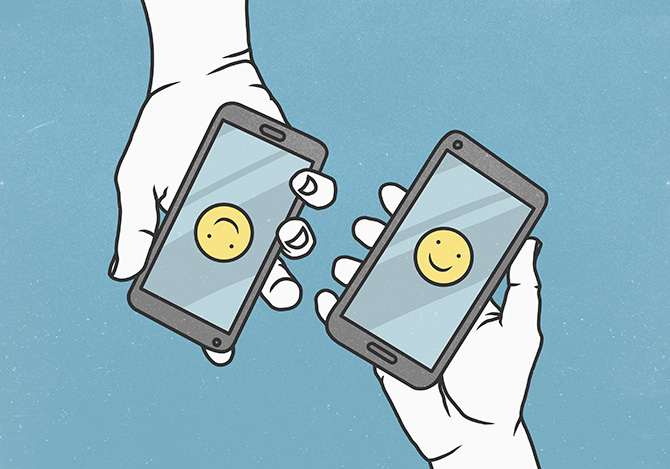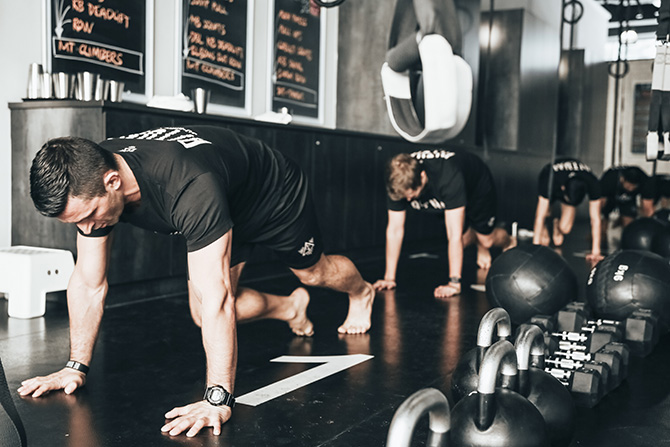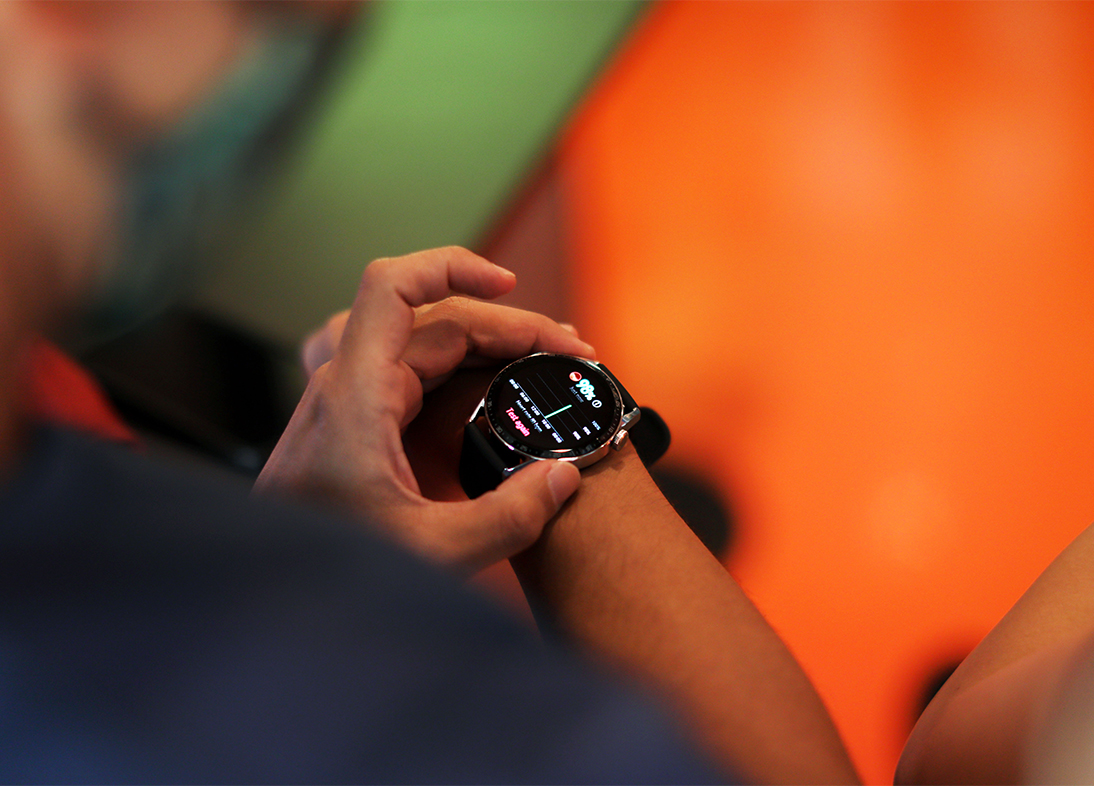A case of social media and how to use it for the greater good
We have the power
- 20.06.2019
- By Marielle Solano
You know how they say no man is an island? With social media, it seems we’ve taken that phrase to the extreme. At the absolute peak of constant connectivity, there’s an intense pressure to always be up-to-date on the comings and goings of our friends (#fomo), industry news that our occupations demand, and celebrity gossip we’ve now taken to be our daily dose of entertainment. We’re online so much that retreating back to that one-man island would require some drastic measures. And for a while now, social media has become an ugly, envy-laden monster more so than building integral bridges between people. But maybe that’s just our own social media fatigue talking.
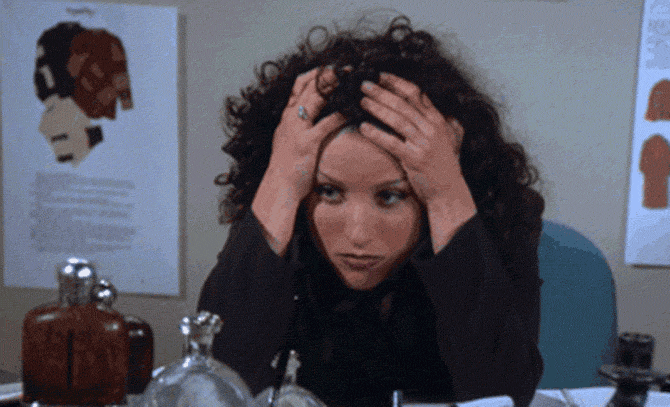
Why do we experience social media fatigue?
By now, you’ve likely heard the spiel about the psychology of social media that various publications have extensively unearthed. In sum: the validation we get from likes and comments releases chemicals like dopamine in our brain and makes us crave for more. But it’s not entirely on us, mind you. The platforms we’re all obsessed with are designed specifically to keep us hooked on this social media drug promising happiness as long as we never let a fancy meal go unphotographed – even representatives from Facebook and Apple have admitted this. And some things we’re sick of seeing are just pure systemic errors that tech companies have to deal with. Just last December, the New York Times made allegations against Facebook about how they play fast and loose with their users’ data – all to make a large buck selling them to big companies, where all parties stand to gain insane amounts of advertising revenue. Have they ever considered we might also be fed up with seeing ads on our feeds that are strikingly (and creepily) similar to the contents of our private messages?
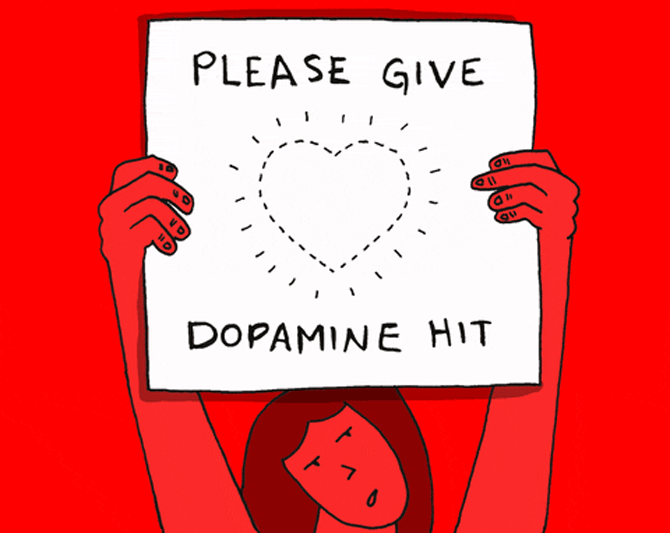
It seems like they have. In March 2019, CEO Mark Zuckerberg announced that Facebook will emphasise the development of a “privacy-focused communications platform”. The future Facebook will reportedly shine a bright spotlight on the more intimate Facebook Groups function and eventually, do away with the ultra-exposed Newsfeed as their key feature. Will this alleviate our sick-and-tired countenances? Perhaps, if we join the right groups and are surrounded by supportive communities instead of being bombarded with jealousy-inciting conceited posts of the people we’re supposed to cheer on in our lives.
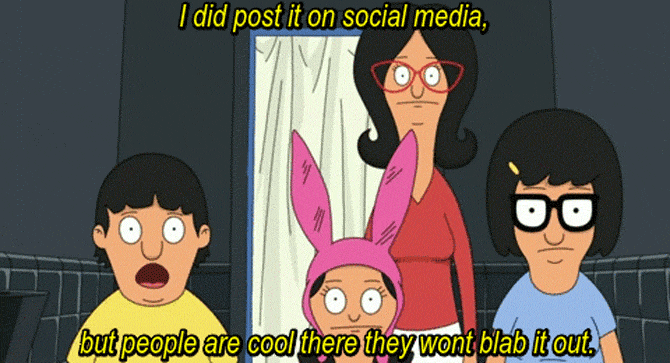
What else has been done for the greater good?
Artificial intelligence, of course. In the case of suicide attempts broadcasted on Facebook Live across various countries, Facebook’s AI systems work with emergency responders and helplines to reach out to at-risk individuals when such content is posted online. Another powerful safety tech they possess? A classifier for child nudity. “99% of [child nudity content] was taken down before it was reported to us and oftentimes before anybody’s ever seen it,” says Facebook’s security policy director Antigone Davis.
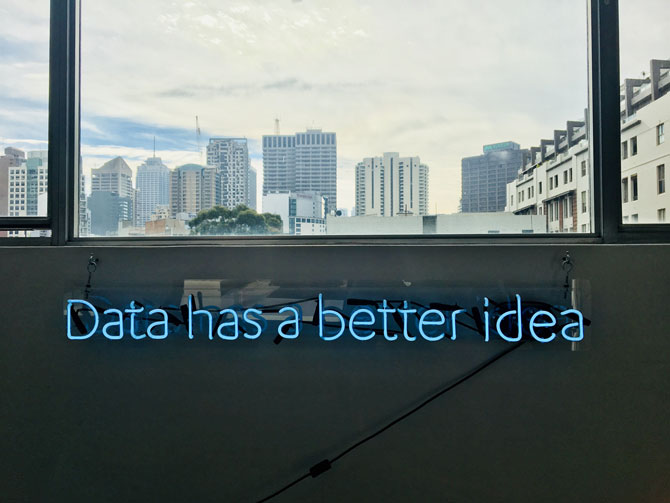
Trying to maintain a platform catering to all audiences (who are sensitive about different things) is complicated further by free-speech mentalities we’d loathe to be stripped of. In other words, how do we create awareness with censorship? There are several tools Facebook implements, including the more obvious ones like age gating, that attempt to achieve a perilous balance. “We have policies against promoting suicide on our platform. At the same time, you want to give people the opportunity to talk about their paths to recovery, to build those supportive communities,” Davis said, while recognising that the complexity of suicide makes it a worthy example to be examined. “There may be things that you put behind a sensitivity screen that lets people know this might be difficult to see or read about, but it’s there for people who want to.”
Creating a healthy social media environment
It may be wise to look into the mirror before we get carried away with bashing the ‘evil tech giants’. How can we make social media safer and more conducive for ourselves? “Go to our safety centre,” Davis says. “You have to educate yourself and learn how to be safe in the online world. You should take precautions whenever you’re communicating with other people.” Not that we’re suggesting to take yet another action at their behest, but hey, if the shoe fits…
Choice tips from Facebook’s safety centre (Note: super adaptable for other social media platforms)
1. The report tool is there for a reason
Artificial intelligence is great and all, but we’re not at the stage yet where we can rely on it completely to weed out content that may have real and irreversible consequences. Other than the obvious no-nos like instances of violence and criminal behavior or threats of self-harm, we should keep a lookout for (and report) posts or accounts that flout integrity and authenticity – the values which we rely on as a basis for communication. So it still falls on us to simply not turn a blind eye to them.
2. Be nice in the comments
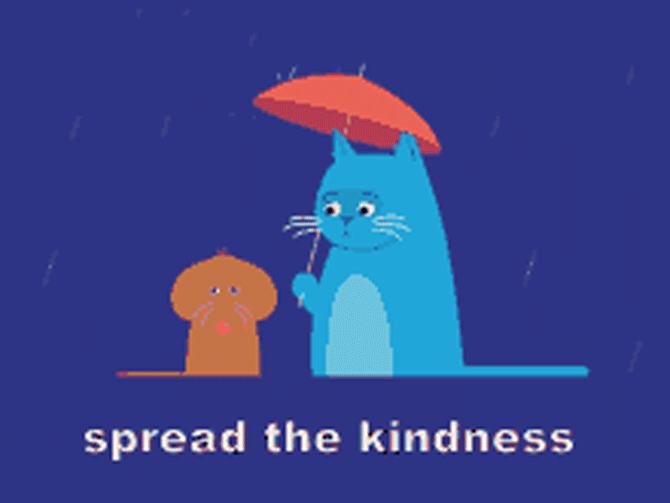
That’s the easiest way to say it, but Facebook’s community standards are pretty detailed. Notably, under hate speech in the “Objectionable Content” section, the considerations are full of definitions and specifications on what they aim to protect. It includes disallowing dehumanising or exclusory speech against the protected characteristics of ethnicity, sexual orientation, and serious disability, among others. All this while recognising the line between hate and commentary, albeit knowing the line is more blurry than strictly geometric.
3. Think before you share
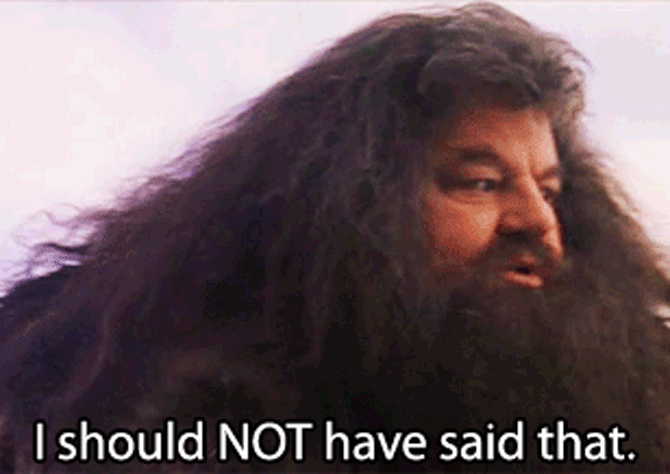
Their desire to create a world obsessed with their app notwithstanding, Facebook actually promotes mindful sharing practices. We don’t think it’s quite as bad as needing to unfailingly be on high alert for ill-bidders lurking around the corners, just waiting for the first opportunity to pounce on your one wrong post; but maybe a pause to consider your audience before posting that curse-filled rant about your boss would do you well.
At the end of the day…
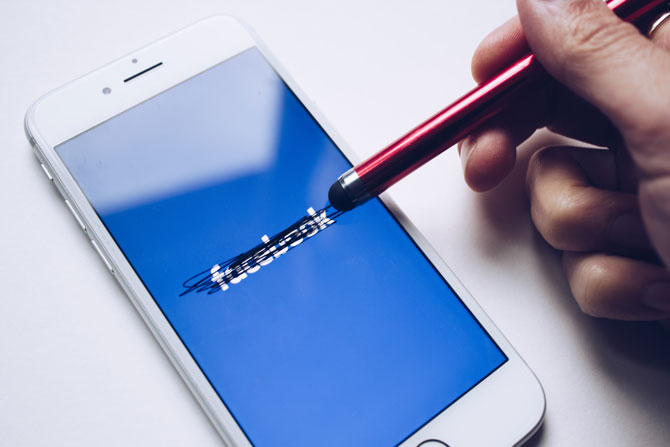
No man really is an island. Social media may be tiring to us now because of its problematic design and toxicity, but it still has all the great qualities like long-distance communication that we can’t deny. And anyway, for all the blame we place on the shoulders of their creators, we users are really the ones responsible for the online culture that has since resulted on it. We can shift the norms, communicate better, become conscious and mindful netizens, and accomplish a whole list of other outrageously optimistic outcomes. If you’re having trouble with that, embark on a digital detox, clear your head and you just might gain an invigorated state-of-mind to reclaim your social media persona. Or not – you can simply find the inner strength and peace in you to quit everything all together for good.
ADVERTISEMENT. CONTINUE READING BELOW
